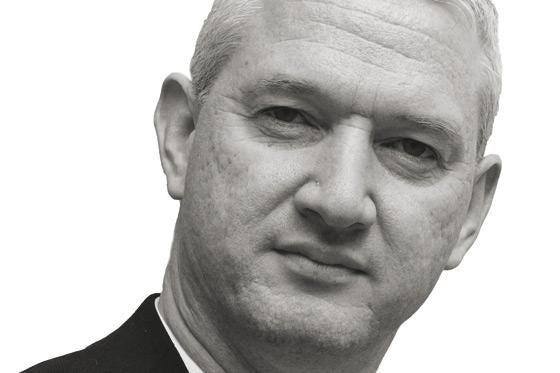
Hats off to Nick Davies – whose book, Flat Earth News, treats the celebrity-obsessed, PR handout-reliant and sensation-driven British press to a taste (and a reminder) of what journalism was originally made for.
The early pamphleteers were the bloggers of their day, defying state, crown and the courts to agitate for social and political reform, to challenge corruption and injustice where it was found, and to tell people what was really going on.
Editors could fill page after page with stories about corruption (from bribes to secure international trade deals to backhanders in the Town Hall), and about social injustice, alienation and deprivation (are those topics solely for John Bird’s weekly magazine The Big Issue?).
Newspapers could lead informed campaigns on crime to supplement the 24-hour ticker-tape culture that has developed around coverage of immigration, paedophiles, alcohol abuse, car chases on telly, prison riots, high-profile murder cases, and whether Britney will get to see her kids again.
It gets worse. Last year, I discovered a local BBC radio station had done a deal to set up ‘satellite studios’inside various local council offices, to record interviews for stories that largely had nothing to do with local government.
This arrangement saved the station the cost of paying commercial rents on studios in outlying towns, yet none of the journalists I spoke to about the deal seemed to be concerned that a public sector broadcaster had compromised itself by obtaining benefits in kind from the very councils that the BBC was supposed to be monitoring. The fact that they couldn’t see that it was a problem was, in itself, the problem.
Davies suggests that nothing will improve until journalists get out of the habit of taking shortcuts with research and stop relying on public relations consultants and ‘pet experts’to hand them stories and quotes on a plate.
Dangerous
If there is one variety of this new ‘churnalism’that is downright dangerous, then it is lazy health journalism.
All information given to the media on health issues is questionable. Information from the Department of Health is tainted because civil servants and scientists are subject to performance targets set by politicians with manifesto promises to fulfill.
Much of modern medicine revolves around the administration of prescribed drugs. Pharmaceutical companies are very rich, powerful private companies with their own vested interests (directors and shareholders), and they know how to manipulate journalists.
There is little or no ‘independent’information on new drugs, because the pharmaceutical companies fund the research and commercial confidentiality applies to the findings.
Pharmaceutical companies are multibillion-pound corporations and use some of the world’s top PR companies to entertain health journalists at lavish events, which makes it all but impossible for journalists to claim to be impartial once they have received hospitality.
All pharmaceutical companies have been accused of hiding product defects, and more people die from allergic and adverse reactions to prescribed drugs than are killed on the roads in Britain, the US and other developed countries. How many column inches do traffic accidents get, in comparison with pharma-deaths?
Several drug companies are currently facing criminal charges, including manslaughter, in the US and in France, for allegedly failing to warn patients, journalists and doctors about health risks associated with their products. A number already have criminal convictions. Do readers know that? Should they be told?
Any journalist with a reputation for asking awkward questions of the drug companies and their PR minders will find themselves scooped by their rivals when the next supposed big breakthrough treatment for cancer is unveiled at a top hotel or conference.
In his top 10 bestseller Who Runs This Place? Anthony Sampson highlighted the risks of journalists and editors relying on vox pops to fill in the research gaps.
When the BBC Radio 4 Today programme ran a listeners’ poll to propose a new law for the country, the majority voted to give householders a legal right to shoot intruders. The Government and MPs dismissed the proposal out of hand.
If the public and certain commentators had their way, no doubt Ian Huntley would have been tortured and executed – rather than photographed for the News of the World.
There is an irony in newspaper editors and journalists running vox pops from the ‘hang ’em and flog ’em’brigade while denouncing regimes around the world for barbaric treatment of offenders.
Food for thought
Davies is coming in for criticism over his research methods for his book. A few voices complain that he hasn’t checked out every detail with every source. If true, so what? Two rights do not make a wrong. There is enough anecdotal material in the book to get any journalist or media student thinking seriously about increasingly incestuous and dubious practices within the profession.
It is also time we reflected on what journalism is for – and what sort of political system will emerge in a society where news is composed of rehashed press releases, supplemented by vox pop reactions to the latest piece of celebrity gossip.
What was it the Romans said? As long as the people have bread and circuses, they won’t trouble the rich and powerful.
Email pged@pressgazette.co.uk to point out mistakes, provide story tips or send in a letter for publication on our "Letters Page" blog






